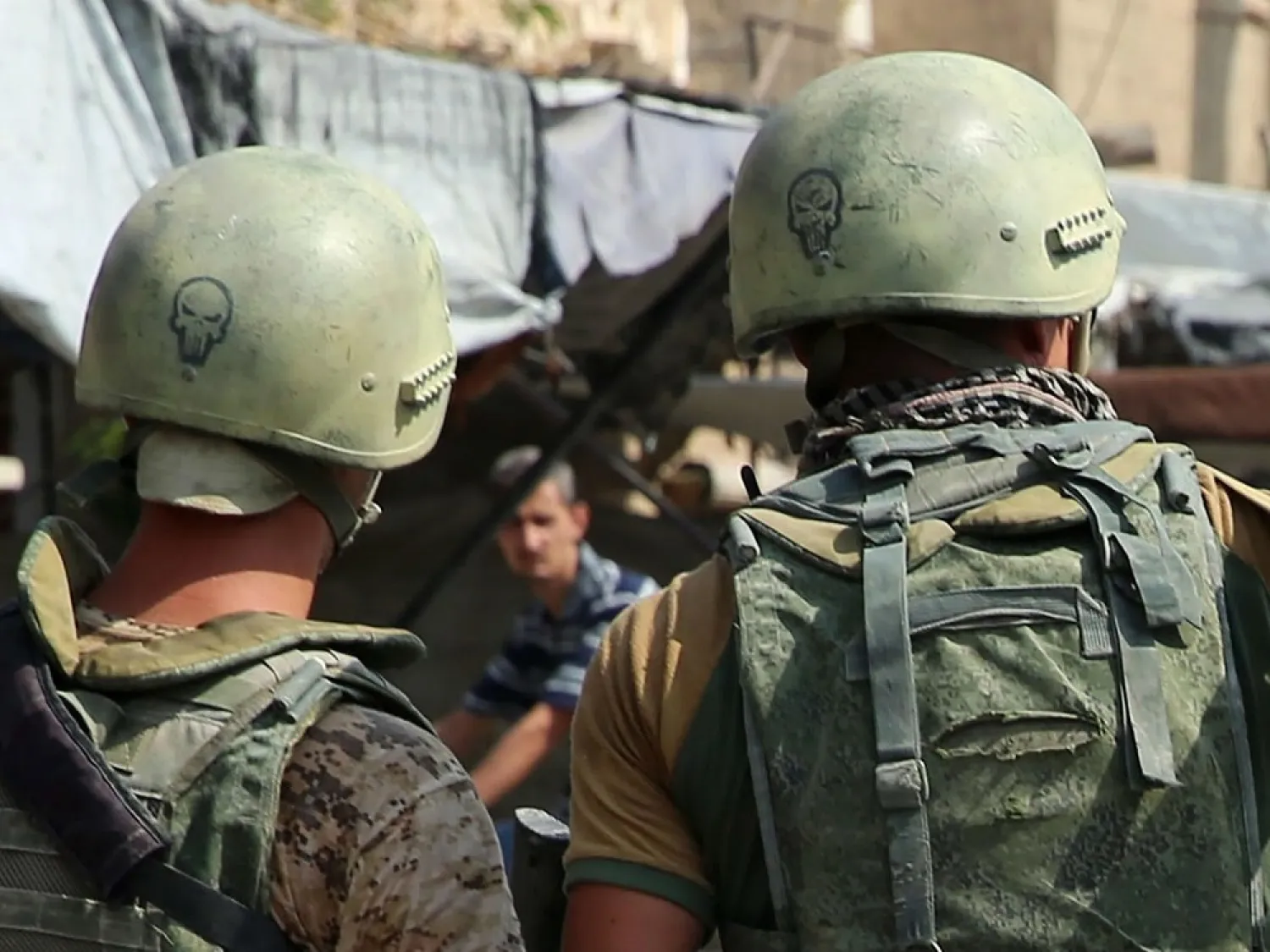The European Union will impose sanctions on Russian private military contractor Wagner Group on Monday, as well as on three entities and seven or eight individuals, a senior EU official said, after France pressed for punitive measures citing human rights abuses.
Over a dozen people with ties to the Wagner Group have previously told Reuters it has carried out clandestine combat missions on the Kremlin's behalf in Ukraine, Libya and Syria.
Russian President Vladimir Putin said in December 2018 that Russian private military contractors had the right to work and pursue their interests anywhere in the world as long as they did not break Russian law. In January 2020, Putin said the Wagner Group, whose members are mostly ex-service personnel, neither represented the Russia state nor were paid by the Russian state.
Moscow has repeatedly told the EU that sanctions on its citizens were akin to meddling in Russia's domestic affairs and would face retaliation.
"Wagner is active in Syria, Libya, in Ukraine and the individual (sanctions) are related to gross violations of human rights in different countries," the EU senior official said.
Two diplomats said the sanctions would be approved by EU foreign ministers in Brussels on Monday and published in the bloc's official journal.
Since the Wagner Group has no direct links with the EU, the addition of the three other entities and individuals aims to have an impact by hitting companies working with the mercenaries, diplomats said.
Reuters reported in September that Mali's military junta was in discussions about deploying the Wagner Group in Mali, which France says is not acceptable because it has its own troops in the region.
French officials say the junta is turning to Wagner as part of efforts to cling to power beyond a transition period due to end after the Feb. 27 presidential and legislative elections.
Two diplomats said Mali also faces EU sanctions and that a legal framework for such measures would be agreed on Monday, although no names would be decided by then.









